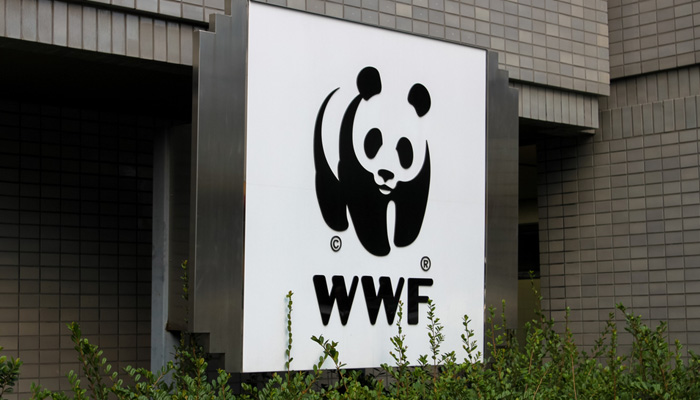Shutterstock
A report released by the World Wildlife Federation (WWF) finds that vertebrate species – which include mammals, fish, birds, amphibians and reptiles – suffered an average decline of 60% in global populations between 1970 and 2014.

The “Living Planet Report” is issued and released every two years by the WWF conservation group. The group’s latest report found a massive decline in global vertebrate populations since 1970 and has come to the conclusion that human impacts are the cause.
“Earth is losing biodiversity at a rate seen only during mass extinctions,” the WWF report said.
Freshwater species have suffered the greatest impact. Their numbers have declined 83% since 1970, according to the report.
The most dramatic effects are seen in Central and South America, where vertebrate populations have decreased by 89% compared with 1970.
The WWF report found that one of the leading factors is the ever-rising need for food production, which has increased the human demand for Earth’s resources, including land and water, as well as, for energy production.
The United States, by far, leads the rest of the world in consuming Earth’s natural resources. As of 2014, the US was using greater than 7 global hectacres (gha) per person. That’s far greater than the entire continent of Africa.
China is second, using between 5.25-7 gha. Russia is third at 3.5-5.25 gha.
As of 2018, only one-quarter of the world’s land area is now free from the impact of human activity. However, the WWF report predicts, that by 2050, that amount will fall to just one-tenth.
The data used in the WWF report was gathered from peer-reviewed studies, covering more than 16,700 populations belonging to 4,000 species around the world.